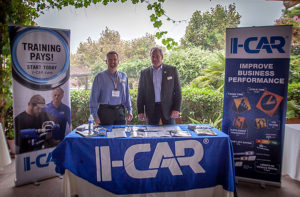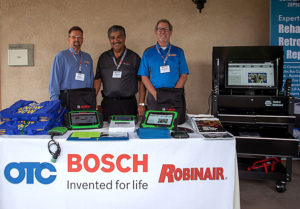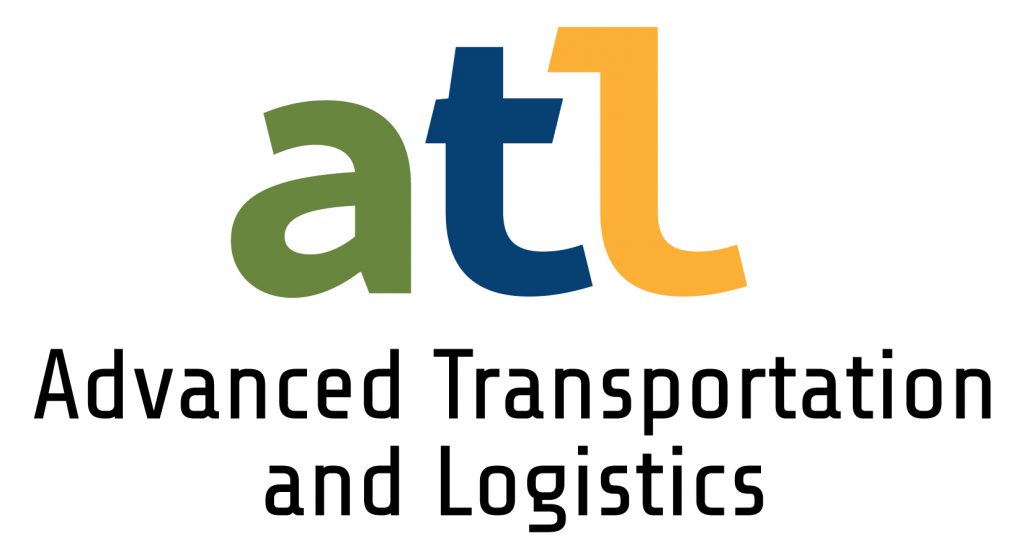 As California continues to be a leader in hybrid and alternative fuel vehicles, community colleges need to be prepared for the changes that are already happening and those that will continue to come more quickly in the future.
As California continues to be a leader in hybrid and alternative fuel vehicles, community colleges need to be prepared for the changes that are already happening and those that will continue to come more quickly in the future.
Forming relationships with industry allows faculty and students to remain connected to both current and future workforce needs.
“The transportation industry is in the middle of a major transition as various technologies are driving the development of autonomous vehicles and advanced electrical systems,” said Jannet Malig, ATL Statewide Director. “Our industry partners and employers are providing some of the needed resources to help our administrators and faculty understand the changes that are occurring and guide some of their decisions.”
Many industry partnerships are already in place across the state, like Northern California’s partnership with Tesla. Outreach activities turned into internships and eventually jobs for graduates. The next step in the relationship is advanced electrical training for faculty, which should be in place soon, according to Pamela Gutman, Bay Area ATL Regional Director.
 Colleges can also benefit from partnerships with other OEMs like BMW, Ford, and Nissan. Many of the major car dealers provide millions of dollars in vehicles and other equipment for students to use in their courses. These partnerships improve program visibility, provide valuable career pathways, and create opportunities for industry advisory boards.
Colleges can also benefit from partnerships with other OEMs like BMW, Ford, and Nissan. Many of the major car dealers provide millions of dollars in vehicles and other equipment for students to use in their courses. These partnerships improve program visibility, provide valuable career pathways, and create opportunities for industry advisory boards.
Other key industry partners include Bosch, iCar, NVIDIA, and TechZone. Many colleges also maintain relationships with local car dealers and automotive service providers in their areas.
Pursing and nurturing industry partnerships is an excellent way to bring students and faculty into the 21st century.
“In a time of accelerating technological change, our industry partners’ support is essential,” Malig said. “We need their guidance and technological assistance—for our programs and for our students to succeed.”
ATL’s five Regional Directors have industry connections in their local areas and can help college programs make these connections. To contact the Regional Director in your area, visit the ATL website.


